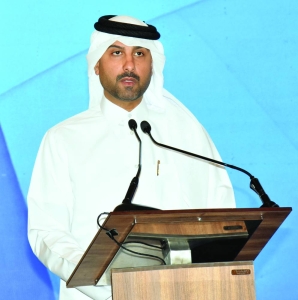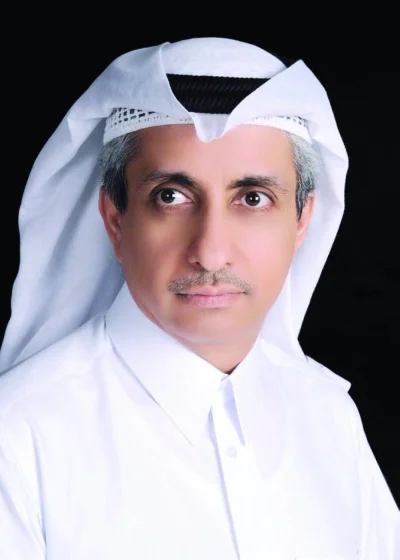Ninth MENAFATF meet begins in Qatar; FIUs, regulators review emerging threats

Hamad Ahmed al-Mulla, Assistant Governor for Supervision at the Qatar Central Bank (QCB), inaugurated the four-day meeting, themed ‘Typologies and Building Capacity Workshop’, which falls within the framework of implementing the decisions of the 37th meeting of the MENAFATF in December 2023 in Nouakchott, Mauritania.
“Our countries face complex patterns of money laundering and terrorist financing, which undermine their governments’ efforts to combat them, make the measures they take towards them less effective, and pose challenges that require applications to understand them,” al-Mulla said in his opening address.
Highlighting the need to exchange experiences for better understanding the various and advanced methods used to launder money, finance terrorism, and finance the proliferation of weapons, and to provide decision-makers and policy experts with practical information to develop strategies to combat these challenges and to be able to address them efficiently; he said the private sector, a key partner in the field of combating money laundering and terrorist financing, has also been involved to ensure the effective implementation of and adherence to international standards.
“We cannot overlook the role of civil society organisations, which play a significant and effective part in enhancing policies and practices to combat money laundering and terrorism financing. This also contributes to strengthening the safety and security of the global financial system,” he said.
Essa al-Hardan, Secretary of the National Committee for Combating Money Laundering and Terrorism Financing in Qatar and Head of the Technical Assistance and Typologies Working Group at MENAFATF, said the application framework is based on the process of collecting and analysing information and individual case studies.
“As for capacity building, special emphasis will be placed on the importance of technology and data analysis systems in detecting money laundering and terrorist financing and on the role of civil society in enhancing the effectiveness of parallel financial investigations,” he said.
The National Committee for Combating Money Laundering and Terrorist Financing attaches utmost importance to this aspect in the context of implementing the measures recommended in Direct Outcome 5 of the Mutual Evaluation Report of Qatar issued in May 2023 and its ongoing work to align its legislation with the latest amendments to Recommendations 24 and 25 of the FATF recommendations, according to him.



